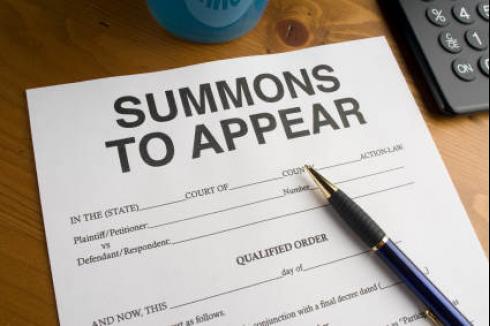Thailand: Foreign Directors and the Criminal Court Summons Process: Bound by Duty
Jan 28, 2022

Criminal summons can impact company directors in various ways, such as being summoned as a witness, a company representative, or as an accused. Thai law sometimes allows for the issuance of these summonses without the director's knowledge, which could lead to noncompliance and increased liability. Contrary to the belief of limited individual liability for directors, Thai law can name them not just as witnesses or company reps, but also as accused in matters like construction licensing, labor law, and more.
The Criminal Summons
A criminal summons is a critical document under Thai law. Failure to address it can lead to arrest warrants. It can be issued during an investigation, like if there's suspicion of a company breaking the Thai Customs Act. Authorized foreign directors might find themselves as joint accused. Sometimes, plaintiffs can directly file a criminal case, where the court informs the defendant about the charges.
Responding to the Summons
The delivery of a criminal summons can be unexpected. It's crucial for company reps to be aware of the process. The director must be immediately informed if a summons is served. The document will be in Thai and should be translated for foreign directors. Rescheduling the appointment in the summons is possible, but it should be done properly to avoid arrest warrants. If named a witness, directors cannot bring attorneys during the interview but should bring an interpreter. If accused, contacting an attorney is a must.
Limiting Liabilities
It's a misconception that the summons process is straightforward. Directors must comprehend the summons' gravity and adhere to its timelines to limit potential liabilities.